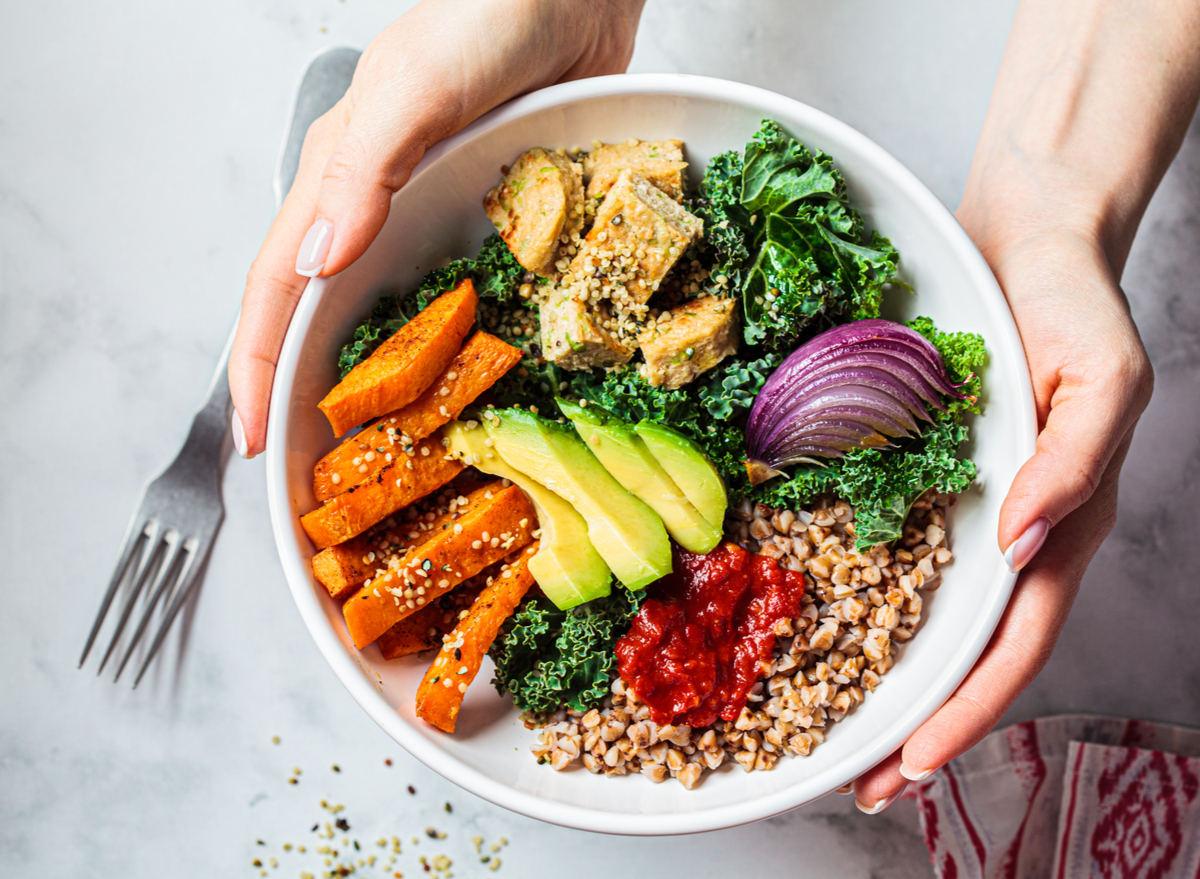Over recent years you have likely seen an explosion of meat alternatives on the market, from burgers, to “chicken” strips, sausage, and more, there are more plant-based meat alternatives available than ever before. Compared to meat-based products, these alternatives often have nearly identical amounts of protein, and contain essential nutrients, like iron and B vitamins. While these alternatives add variety and nutrients to a plant-based diet, if you are open to eating meat, that may be a better source of nutrition.
Plant-based meat alternatives are considered to be “processed” foods
While some plant-based meat alternatives contain essential nutrients not found in animal meat, like fiber, these products typically contain more ingredients than their animal counterparts and are considered to be a processed food.
For example, you may see ingredients like methylcellulose and carrageenan in these foods. These ingredients do not have intake limits associated with them, and can therefore be consumed as part of a healthy diet. However, because of the conflicting research outcomes related to these ingredients, and their controversial nature, it may be best to limit them as much as possible.6254a4d1642c605c54bf1cab17d50f1e
Additionally, many alternatives are made from soy, an ingredient some may be allergic to, and also contain gluten, another common allergen.














